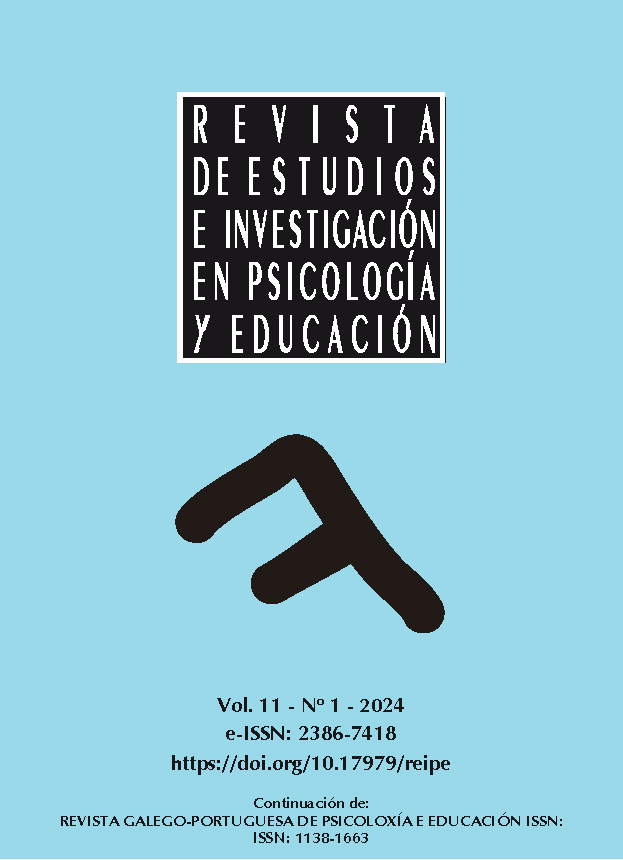Predicción del riesgo de TEA a través de indicadores de conducta adaptativa
##plugins.themes.bootstrap3.article.main##
Resumen
La conducta adaptativa se refiere a la eficacia con la que una persona responde a las demandas naturales y sociales de su entorno. Incluye habilidades conceptuales, sociales y prácticas aprendidas que permiten responder a las circunstancias cotidianas, y es uno de los criterios más importantes utilizados para determinar el nivel de discapacidad de una persona. Por ello, el objetivo de este estudio fue analizar la capacidad de predecir el riesgo de TEA (Trastorno del Espectro Autista) utilizando los indicadores GARS-2 e ICAP de conducta adaptativa. El estudio contó con una muestra de 209 personas de Galicia (España). Un grupo (n=111) estaba formado por personas con diagnóstico previo de TEA (37 mujeres y 74 varones) con edades comprendidas entre los 2 y los 20 años. El segundo grupo (n=98) estaba formado por personas normotípicas (56 mujeres y 42 varones) con edades comprendidas entre 3 y 23 años. Los dos instrumentos mostraron correlaciones significativas, mientras que los análisis no paramétricos de varianza mostraron diferencias relacionadas con la edad en las dimensiones y habilidades evaluadas. Un análisis en árbol permitió clasificar correctamente el 75.1% de los casos. El 74.8% de los participantes con TEA fueron identificados correctamente por el análisis, al igual que el 75.5% de la muestra normotípica. Las variables predictivas reveladas por el análisis la Destreza Social y Comunicativa del ICAP y la Dimensión de Comunicación del GARS-2. Los resultados confirman que el comportamiento adaptativo es un buen predictor del riesgo de TEA, lo que puede contribuir a su identificación temprana.
Descargas
##plugins.themes.bootstrap3.article.details##

Esta obra está bajo una licencia internacional Creative Commons Atribución-CompartirIgual 4.0.
Los trabajos publicados en esta revista están bajo una licencia Creative Commons Reconocimiento-CompartirIgual 4.0 Internacional.
Los/as autores/as son los titulares de los derechos de explotación (copyright) de su trabajo, pero ceden el derecho de la primera publicación a la Revista de Estudios e Investigación en Psicología y Educación, la cual podrá publicar en cualquier lengua y soporte, divulgar y distribuir su contenido total o parcial por todos los medios tecnológicamente disponibles y a través de repositorios.
Se permite y anima a los/as autores/as a difundir los artículos aceptados para su publicación en los sitios web personales o institucionales, antes y después de su publicación, siempre que se indique claramente que el trabajo está en esta revista y se proporcionen los datos bibliográficos completos junto con el acceso al documento, preferiblemente mediante el DOI (en caso de que sea imprescindible utilizar un pdf, debe emplearse la versión final maquetada por la Revista). En el caso de artículos que provengan de estudios o proyectos financiados, esto se hará en los plazos y términos establecidos por la entidad o entidades financiadoras de la investigación publicada.



